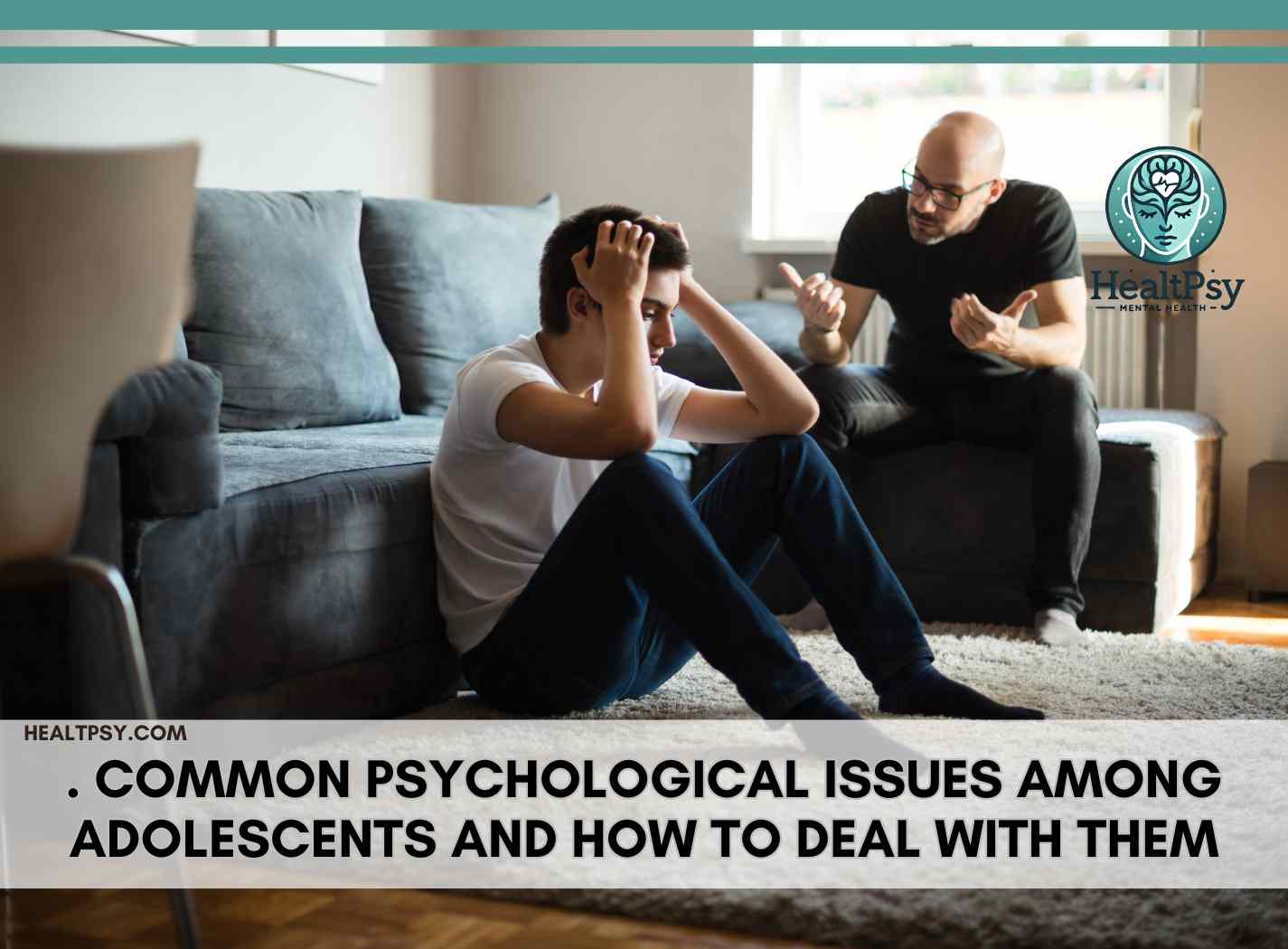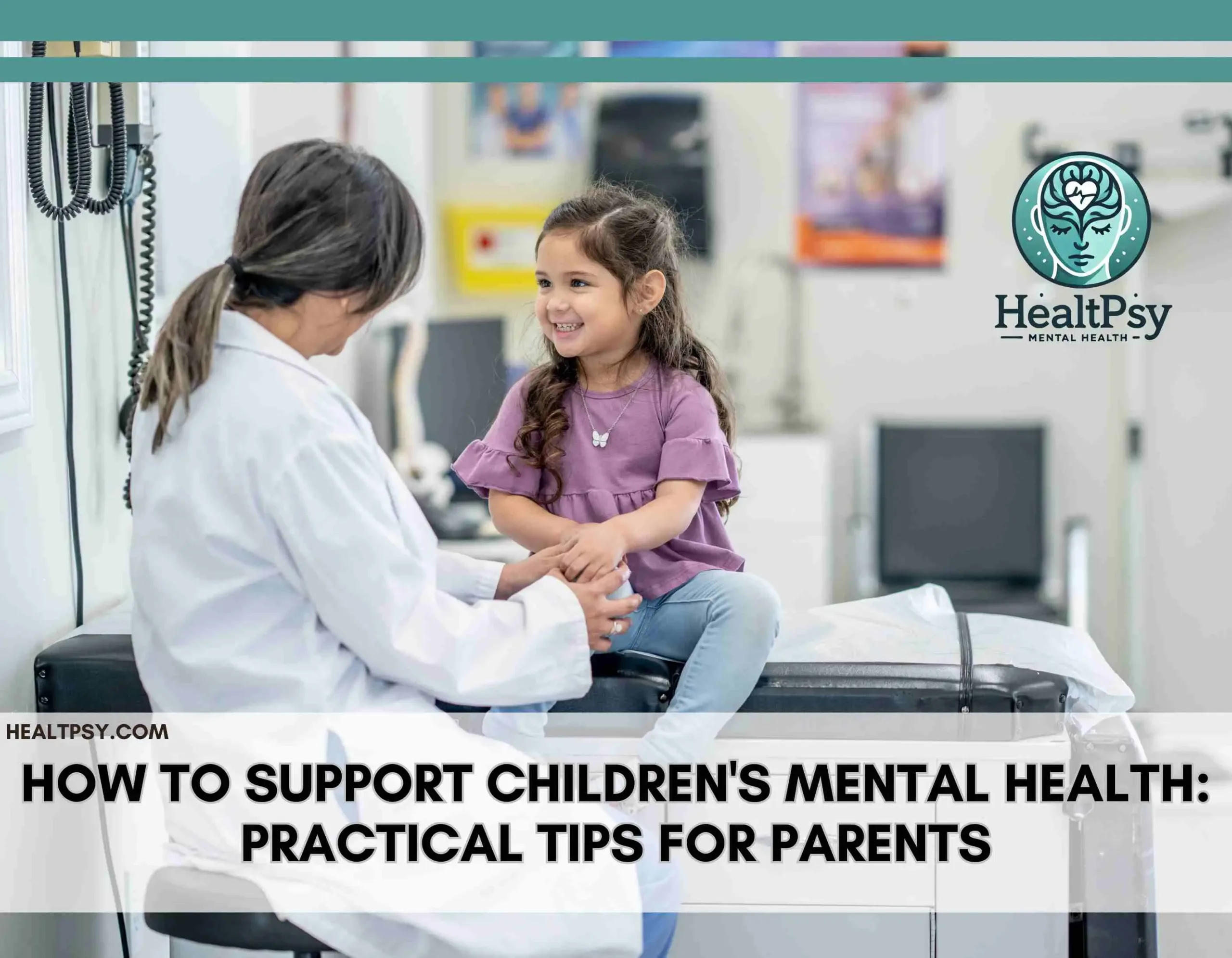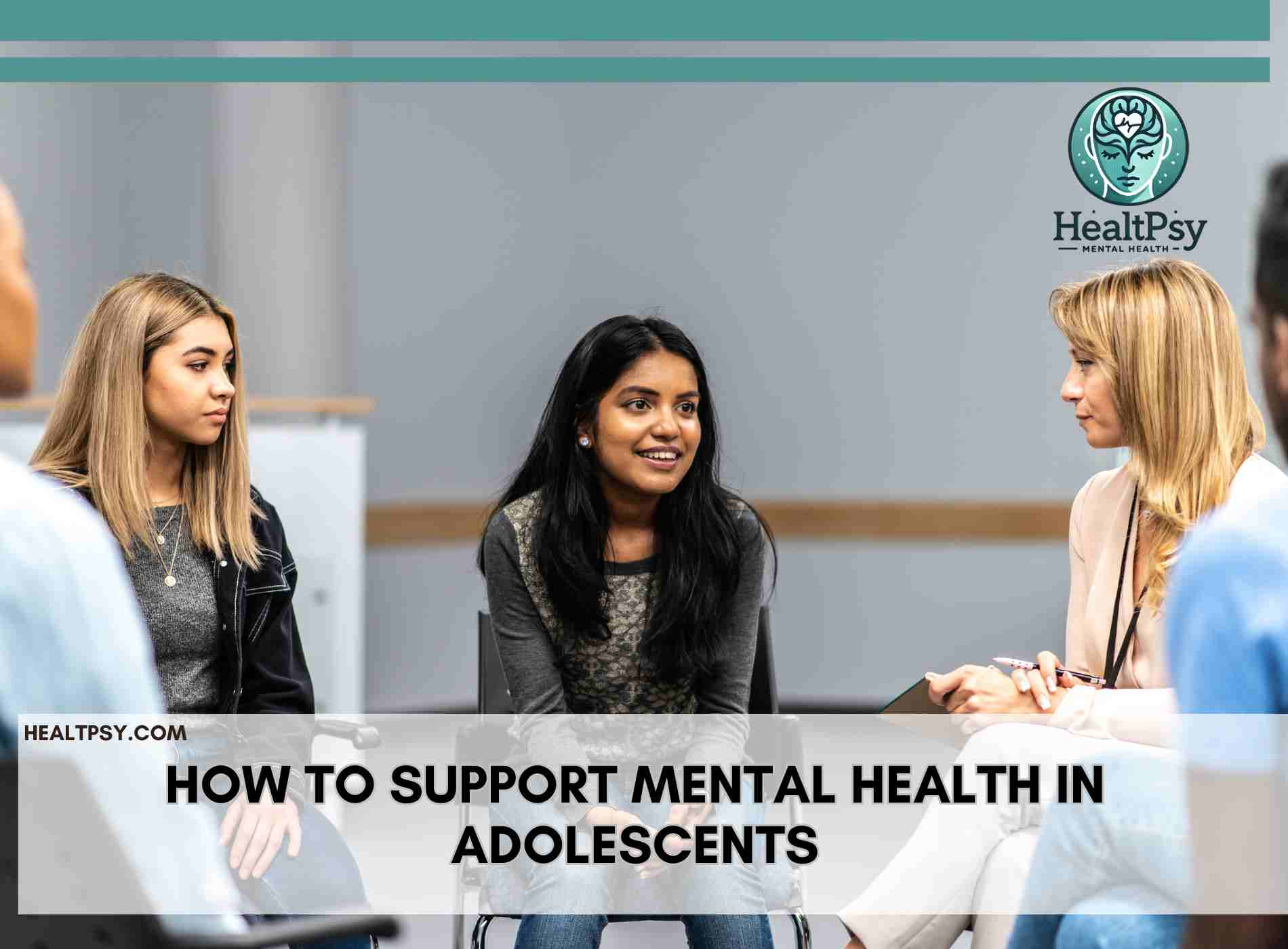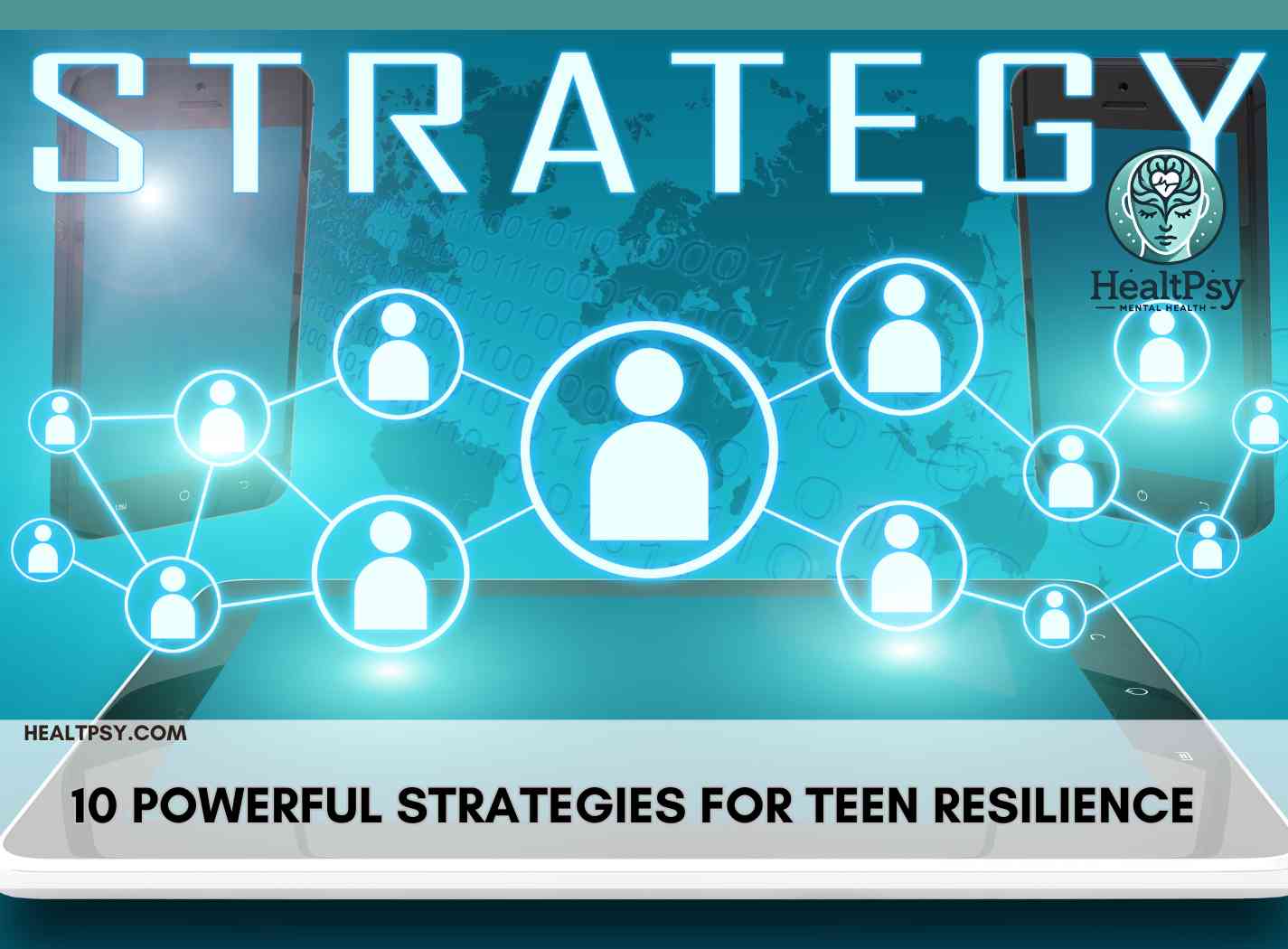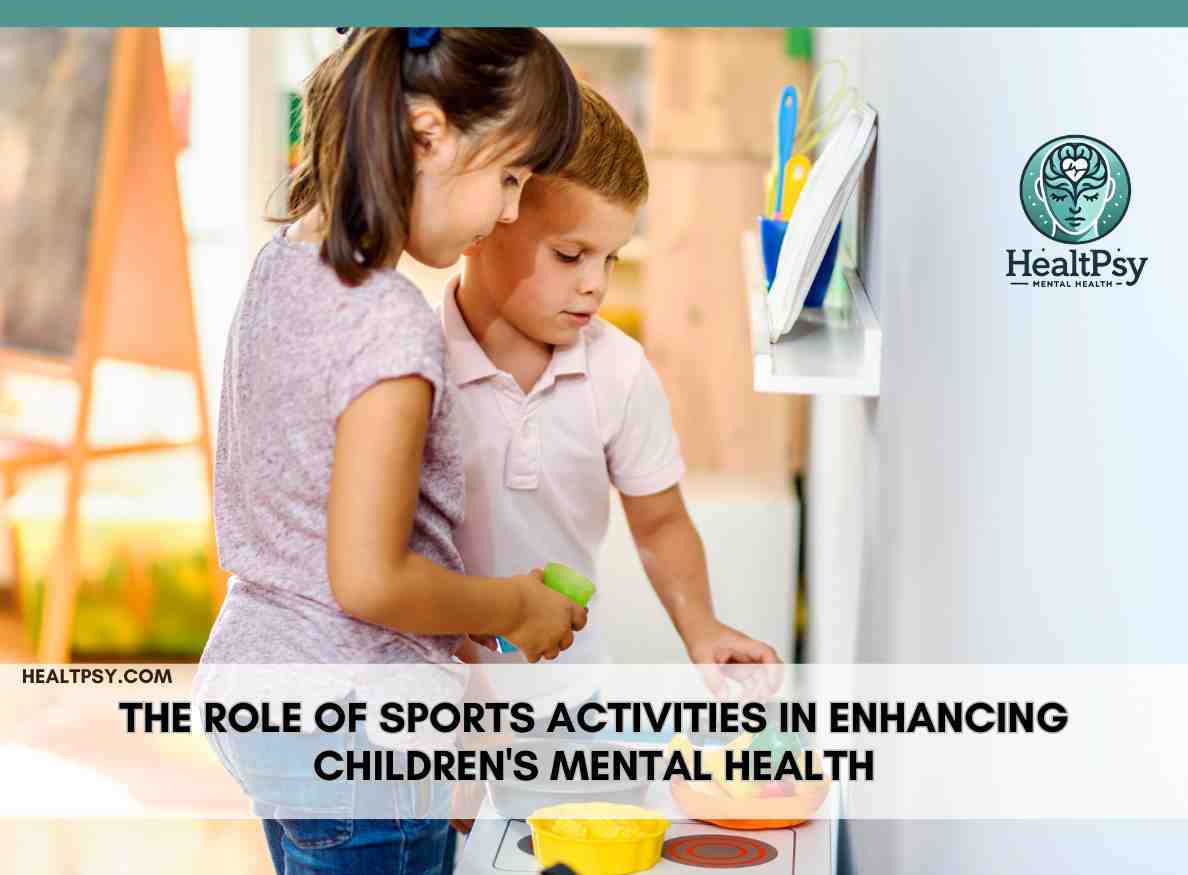5 Common Psychological Issues in Adolescents
Introduction
Common Psychological Issues Among Adolescents
1. Depression
Depression in adolescents is more than occasional sadness; it’s a persistent condition that impacts their ability to function.
- Symptoms: Withdrawal from activities, changes in appetite, fatigue, and feelings of worthlessness.
- Statistics: According to the World Health Organization (WHO), approximately 10-20% of adolescents globally experience mental health conditions, with depression being a leading issue.
2. Anxiety Disorders
Anxiety during adolescence can manifest as excessive worry, panic attacks, or phobias.
- Impact: It often affects academic performance, relationships, and social interactions.
- Science Insight: A study published in The Journal of Clinical Child and Adolescent Psychology found that untreated anxiety in adolescence increases the risk of mental health issues in adulthood.
3. Eating Disorders
Adolescents are particularly vulnerable to eating disorders like anorexia nervosa and bulimia due to societal pressures and body image concerns.
- Statistics: The National Eating Disorders Association (NEDA) reports that nearly 95% of individuals with eating disorders are aged between 12 and 25.
4. Attention-Deficit/Hyperactivity Disorder (ADHD)
ADHD is characterized by difficulty maintaining attention, hyperactivity, and impulsive behavior.
- Prevalence: The CDC estimates that approximately 9.4% of children aged 2-17 in the U.S. are diagnosed with ADHD.
5. Digital Addiction and Social Media Impact
Excessive use of social media and digital devices has been linked to poor mental health outcomes.
- Evidence: A study in JAMA Pediatrics found that high screen time correlates with increased rates of depression and anxiety in adolescents.
The Science Behind Adolescent Psychological Issues
Adolescents experience rapid brain development, particularly in the prefrontal cortex, which governs decision-making, impulse control, and emotional regulation. This neurobiological vulnerability, combined with hormonal changes, makes them more susceptible to psychological issues.
Key Findings:
- Hormonal Changes: Fluctuations in hormones like cortisol can exacerbate stress responses, particularly during emotionally challenging situations. These hormonal shifts can lead to heightened sensitivity and difficulty managing stress.
- Environmental Factors: Bullying, academic pressure, familial conflicts, and social isolation significantly contribute to mental health challenges. Adolescents exposed to these stressors may develop chronic anxiety or depression if support systems are lacking.
- Biological Predisposition: Genetics also play a role in conditions like depression and ADHD. For example, a family history of mental health disorders can increase the likelihood of adolescents experiencing similar challenges, emphasizing the importance of early intervention and support.
How to Address Psychological Issues
- Parental Support and Open Communication: Encourage open discussions and listen without judgment.
- Seek Professional Help: Cognitive-behavioral therapy (CBT) and family therapy are effective for addressing anxiety and depression.
- Promote Social Skills Development: Adolescents struggling with anxiety or ADHD benefit from social skills training.
- Limit Social Media Exposure: Set screen time limits and encourage digital detox days.
- Encourage Healthy Lifestyle Choices: Promote a balanced diet, regular exercise, and adequate sleep.
Preventive Measures
- Building Resilience: Encourage coping strategies, such as mindfulness and journaling.
- Foster Self-Esteem: Praise effort over achievement and promote a positive self-image.
- Parental Education: Equip parents with resources to recognize early signs of mental health issues.
- School-Based Programs: Advocate for mental health education and counseling services in schools.
Resources and Support
Conclusion
Adolescence is a critical period for mental health, and early intervention is key to addressing psychological challenges. By fostering open communication, seeking professional help, and promoting healthy habits, parents and educators can create a supportive environment for adolescents. Societal efforts, combined with family and school-based initiatives, are essential for building resilient, mentally healthy generations. For more strategies on adolescent mental health, visit our Personal Growth and Self-Development section.
you might also like

